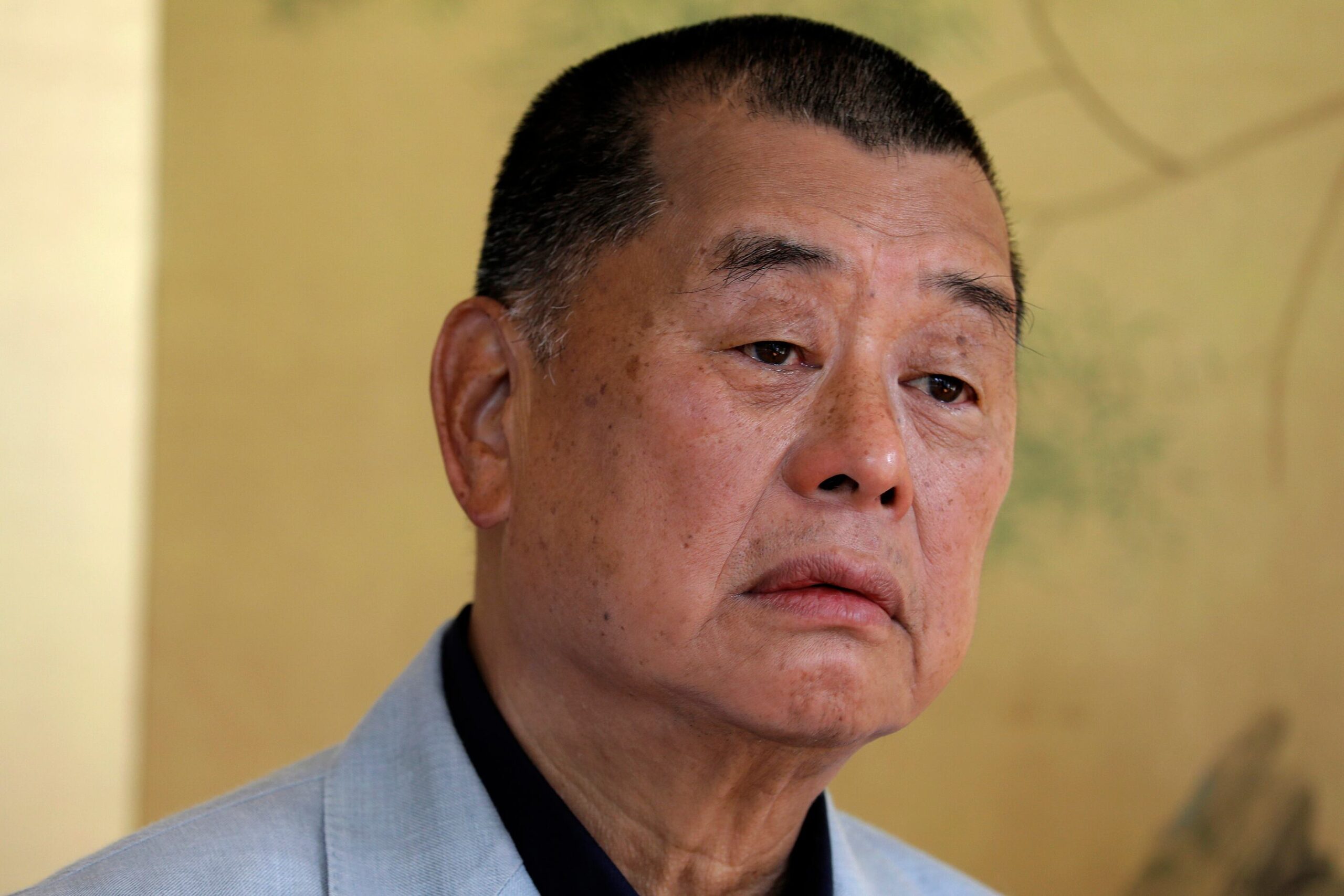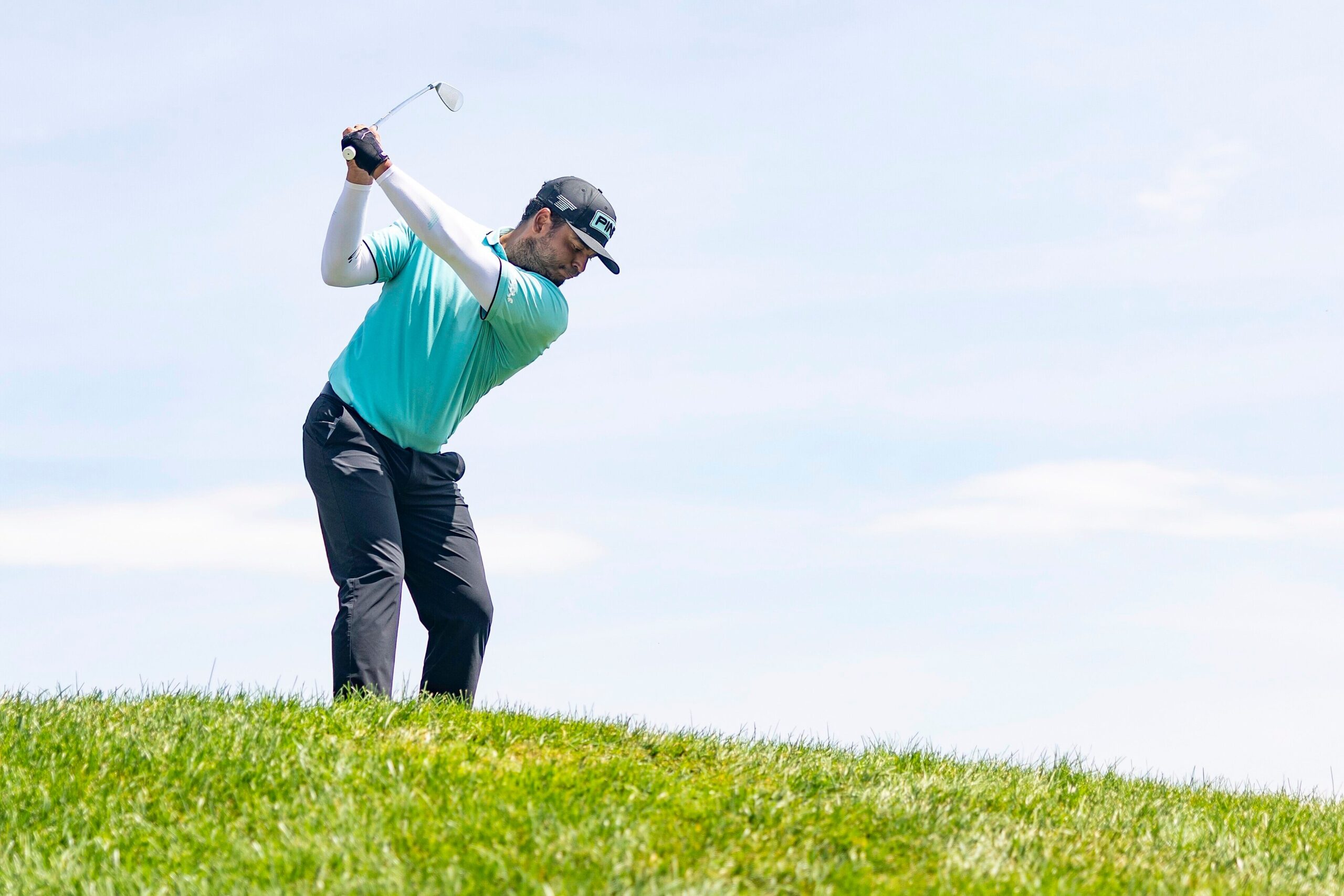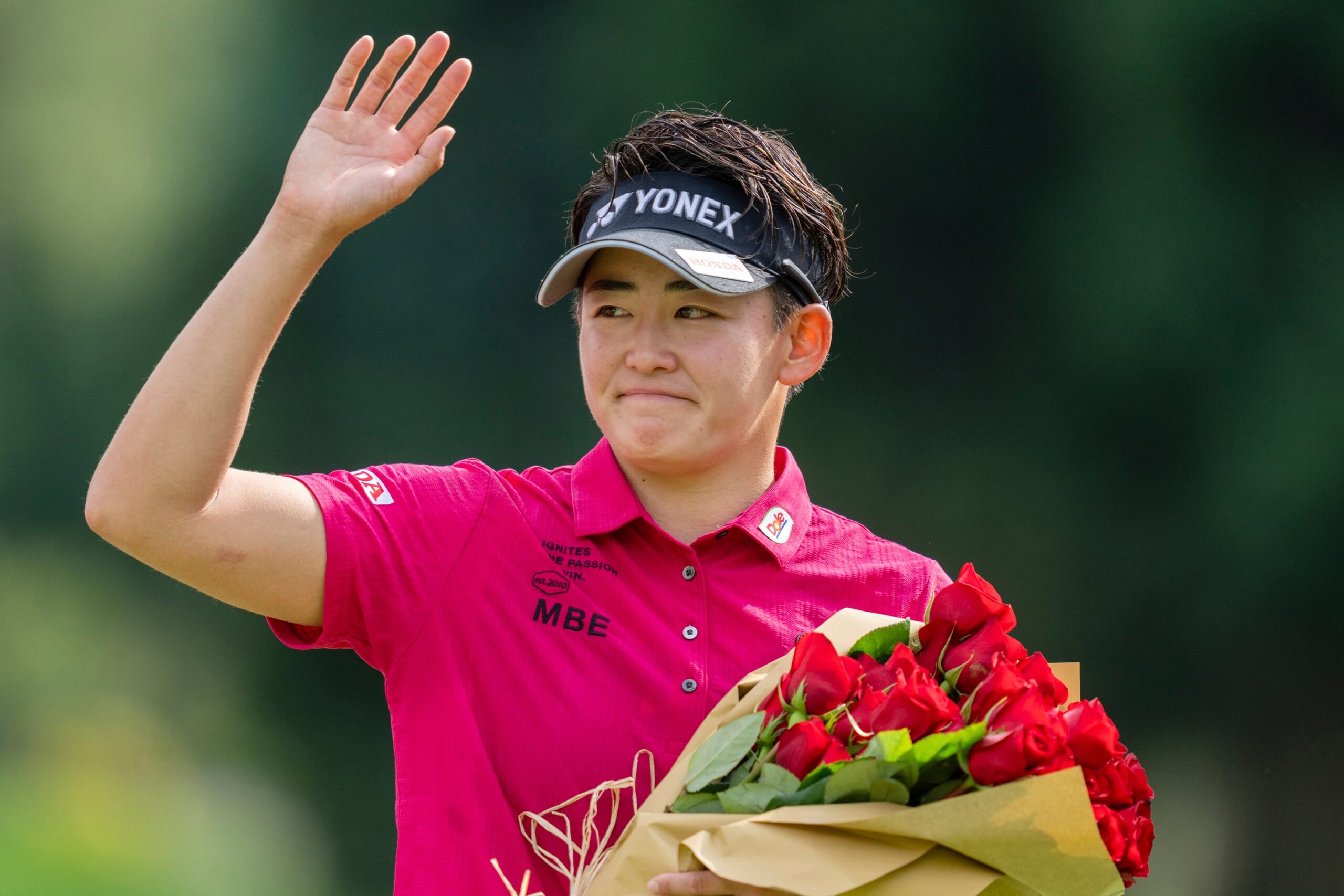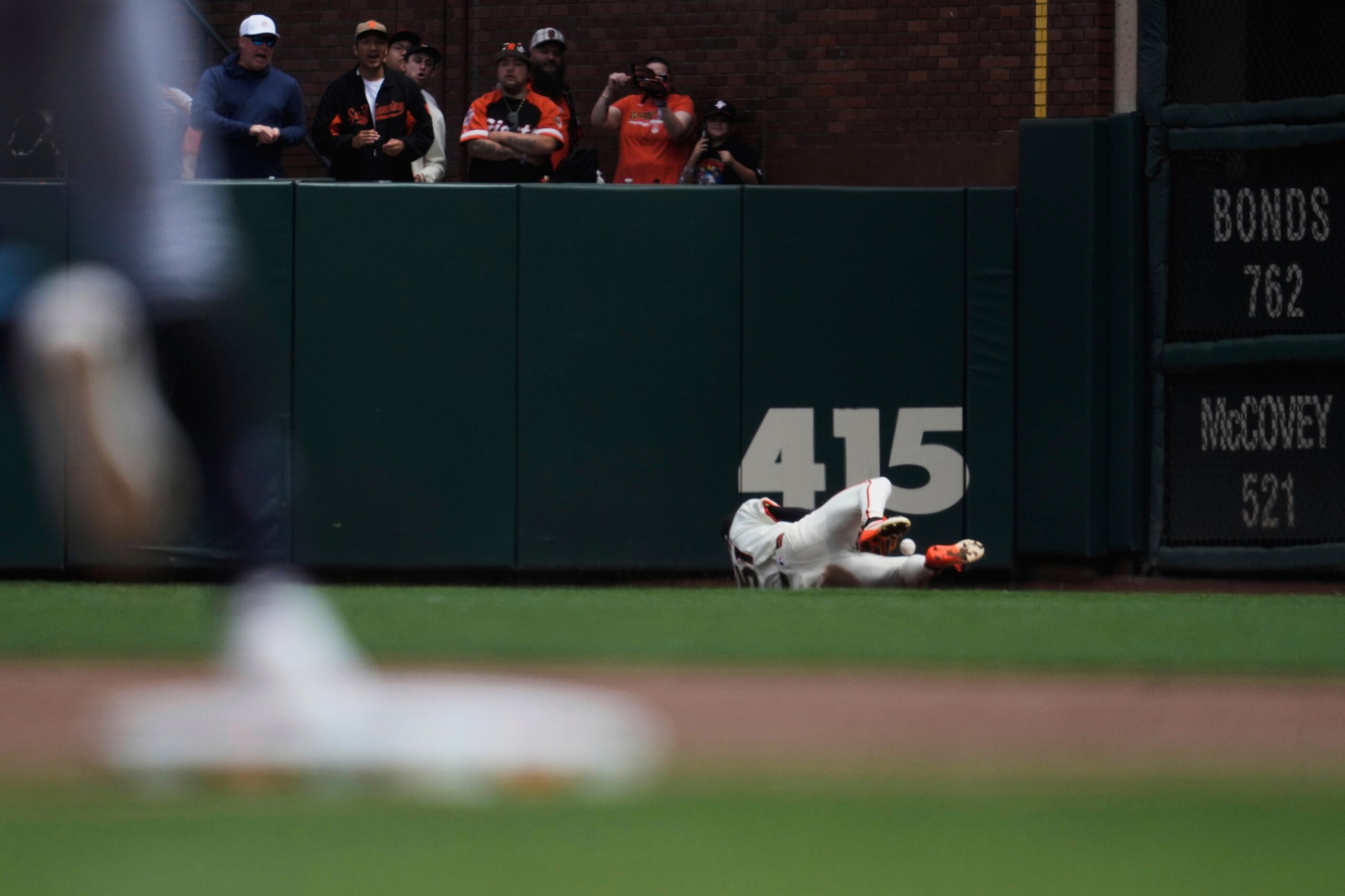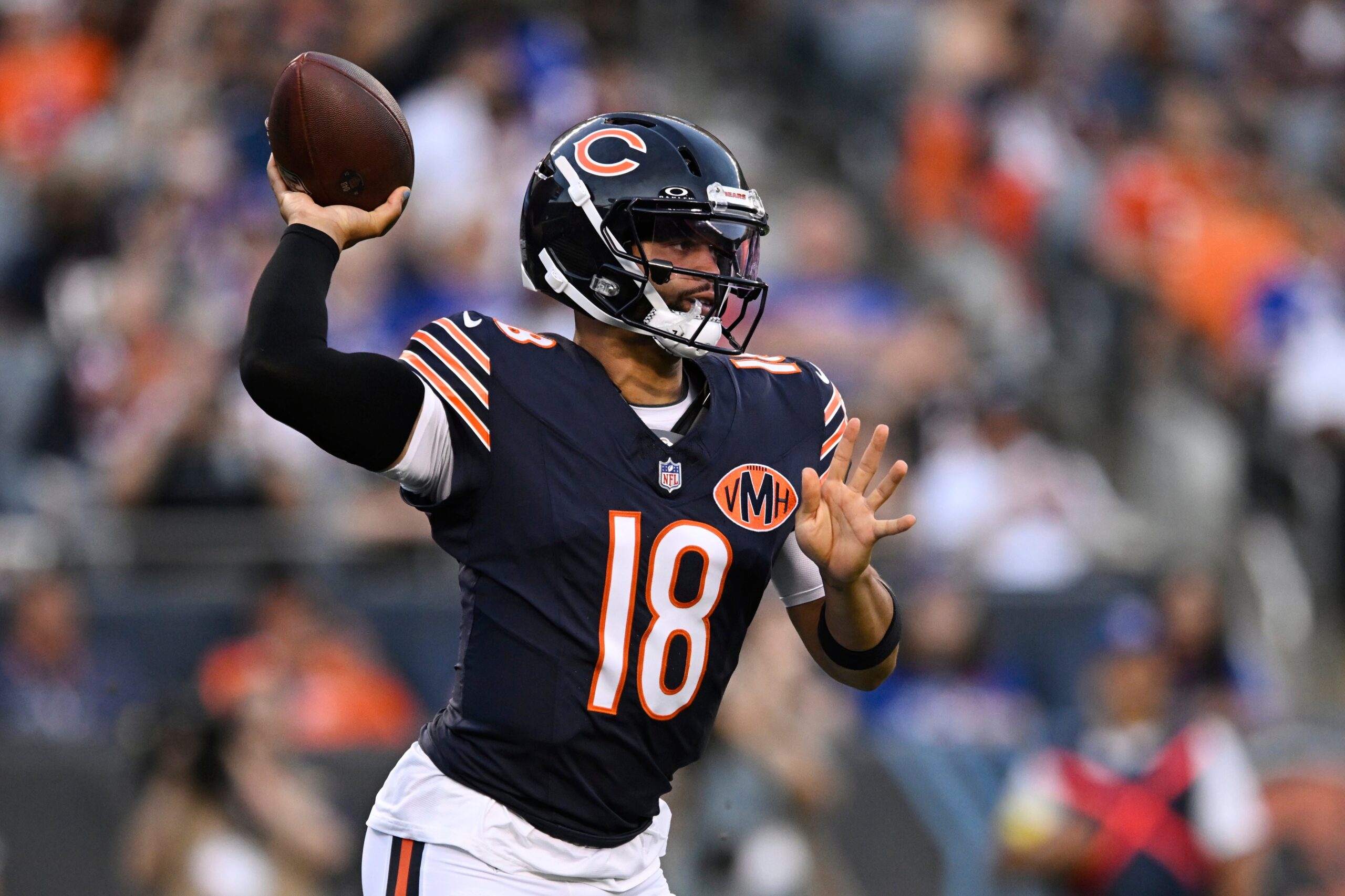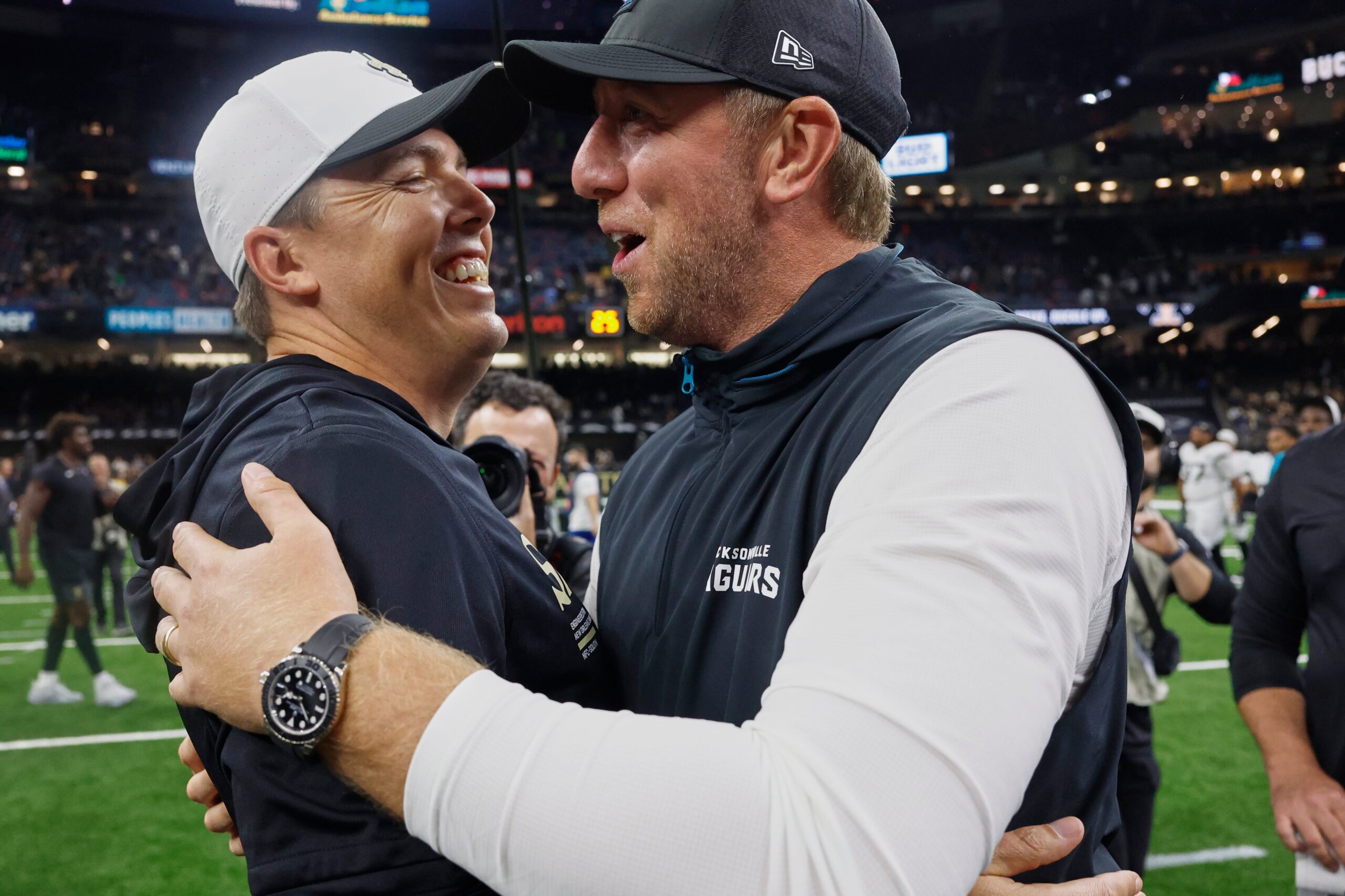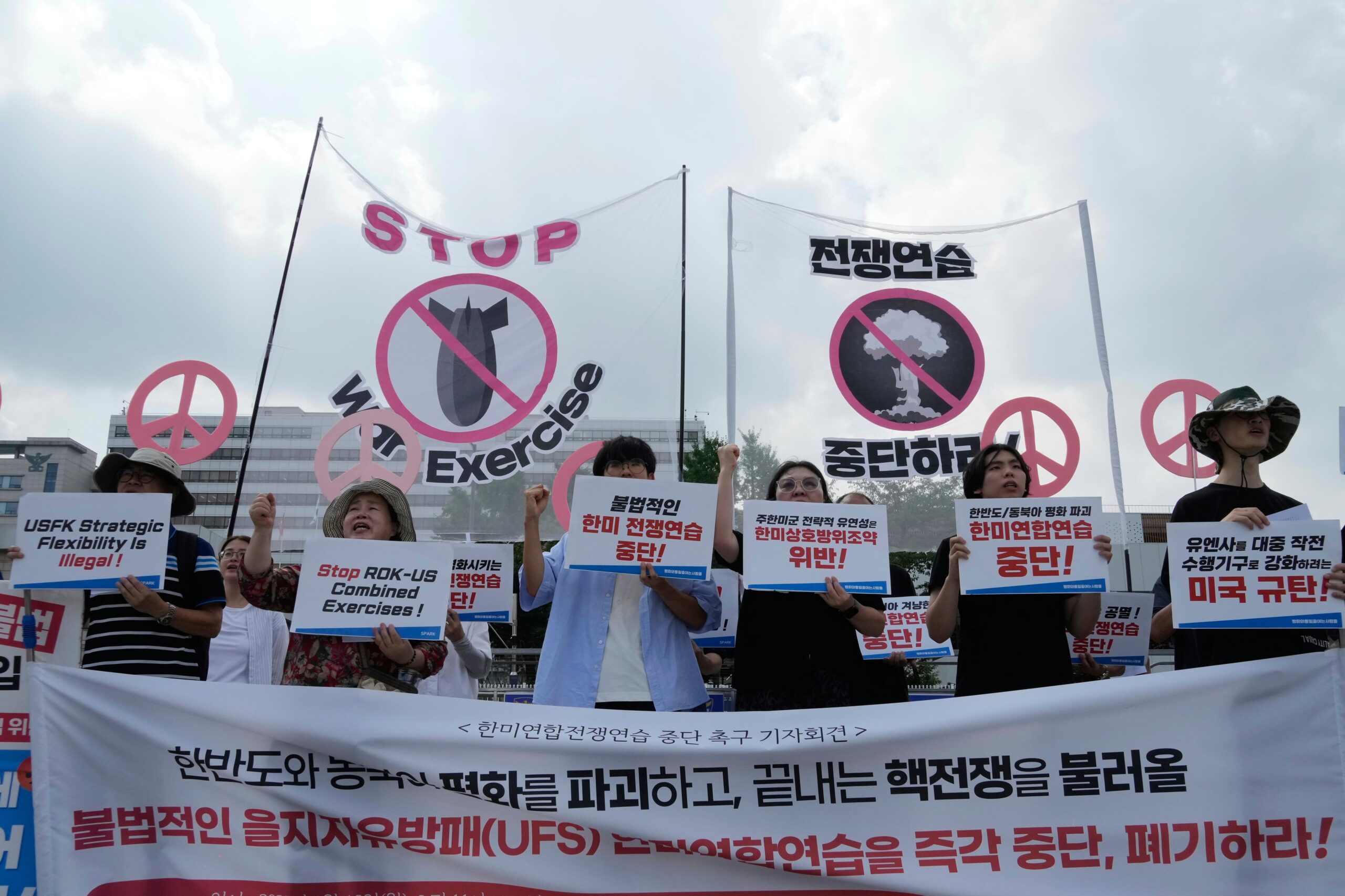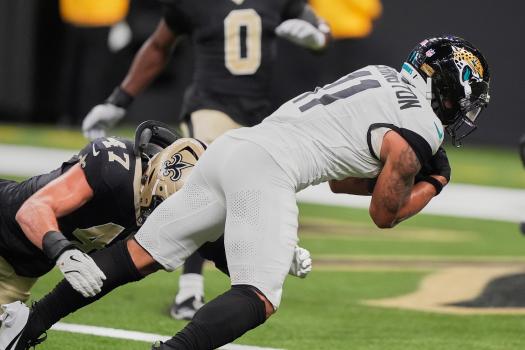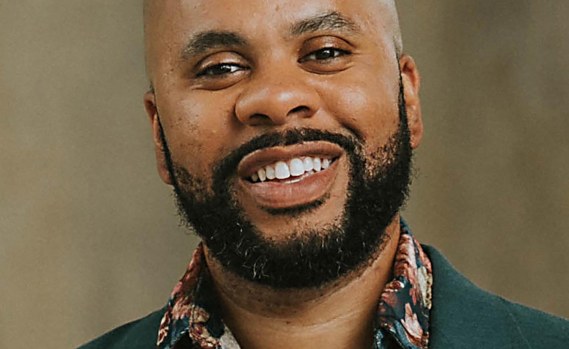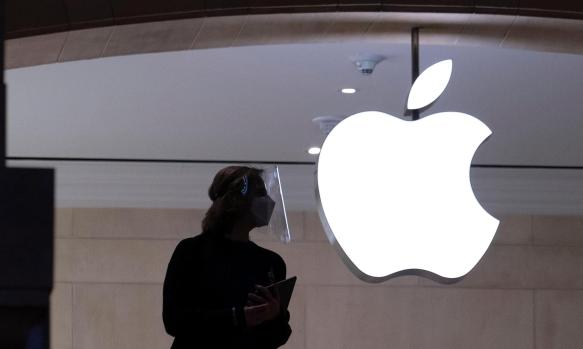Hong Kong Final arguments in the historic national security trial of Jimmy Lai, the founder of a pro-democracy journal, were heard by a Hong Kong court on Monday. If found guilty, Lai faces a maximum term of life in prison.
After anti-government riots in 2019, Beijing enforced a national security statute that led to Lai’s detention in 2020. Lai is 77 years old. He is on trial for allegedly plotting with others to publish seditious material and collaborating with foreign powers to jeopardize national security.
Suggested Videos
One of the local media sources that was most critical of the Hong Kong government was Apple Daily, which Lai created. His well-known case, which has already lasted almost 150 days—much longer than the initial 80-day estimate—is viewed by many as a test of judicial independence and press freedom in the Asian financial center.
Under the pretense of defending freedom and democracy, prosecutors claim that Lai urged other nations—particularly the United States—to take action against Beijing.
He disputed that he had requested action against China and Hong Kong during the 2019 protests from then-Vice President Mike Pence and then-Secretary of State Mike Pompeo on the first day of his hearing.
He claimed that he must have discussed it with Pompeo because he had no reason to question the veracity of the article by the now-defunct publication he started. Lai’s lawyer also questioned him about an Apple Daily report that claimed he had asked the U.S. government to censure leaders in Beijing and Hong Kong.
However, Lai stated that following the June 30, 2020, enactment of the national security law, he would not have supported foreign sanctions.
First because of bad weather, and later because of worries over Lai’s health, the closing arguments have been postponed twice. Robert Pang, his attorney, claimed on Friday that Laihad had heart palpitations while incarcerated. The courts wanted him to get medication and a cardiac monitor first.
The Hong Kong administration accused foreign media outlets of trying to deceive the public regarding Lai’s medical care following Friday’s session. It stated that Lai’s medical examination revealed no anomalies and that the treatment he got while in detention was sufficient.
When the verdict will be rendered is unknown.
Lai smiled and waved to people in the public gallery as he entered the courtroom. In a voice that the public could hear, he also gave his legal team brief instructions. However, when the prosecution presented its legal arguments, he closed his eyes.
According to prosecutor Anthony Chau, Lai has received the cardiac monitor and has no complaints regarding his health.
Rights organizations and international governments have expressed alarm about Lai’s years-long detention, particularly in solidarity confinement. Prior to winning a second term in November, U.S. President Donald Trump stated that he will speak with Chinese leader Xi Jinping to request Lai’s release: Without a doubt, I’ll get him out.
Trump disputed that he would completely save Lai in a Fox News radio interview that was made public last Thursday, but he did suggest that he would raise the matter. He said, “I’ve already mentioned it, and I’ll do everything in my power to save him.”
China has declared its strong opposition to foreign meddling in its domestic affairs and accused Lai of inciting anti-Chinese sentiments in Hong Kong.
On Monday, dozens of people waited for a seat in the main courtroom to watch Lai in the rain. Susan Li, a former reader of Apple Daily, expressed concern about Lai’s health because he was noticeably slimmer and promised to keep praying for him.
She remarked, “I wanted to let him know we are still here.”
Beijing pledged to uphold Hong Kong’s civil rights for 50 years when the former British colony surrendered to China in 1997.
However, once the security ordinance was introduced, which Chinese and Hong Kong officials maintain was essential for the stability of the city, critics claim that promise has become flimsy.
